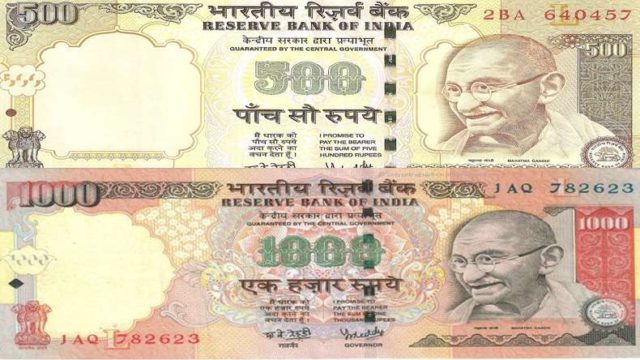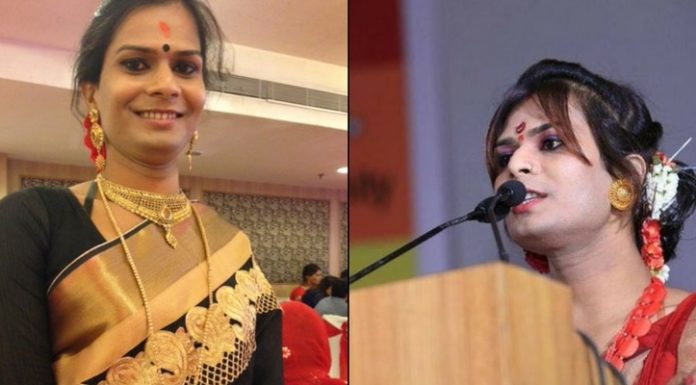On 8th November 2016, a revolutionary step was undertaken by one of the most intrepid leaders India has ever had – the demonetization of the Rs. 500 and Rs. 1000 currency notes. Met with both applause and contempt, Narendra Modi’s war against dirty cash has strongly shaken the nation.

Here is an objective and positive perspective on the same:
WHAT IS BLACK MONEY?
Black money whose original source cannot be determined or traced, or on which due tax has not been paid to the Government. Such money is usually created through cash transactions without disclosing the trade, undervaluing a transaction like purchase of property and hawala transactions. This implies transfer of money without following laid down banking channels.
WHY ONLY RS. 500/ RS. 1000 NOTES?
The volume of illegal cash transactions is high, hence it is undertaken mostly in higher denominations. It is not cost effective to create black money in small denomination notes which are limited in numbers in circulation as on date; only 33 % are of Rs. 1/2/5/10/20/ 50 and 100, while the remaining of Rs. 500/ 1000 notes.
WHAT HAS HAPPENED ON 8TH NOVEMBER 2016?
A currency note holds value only if it can be exchanged for a product/service or another currency for an amount printed on it. If this cannot be done, then it is equivalent to monopoly money. Demonetisation of these notes has rendered them valueless as financial transactions through these higher denominations are no longer valid. Black money, in its entirety in the financial ecosystem has thus been rendered useless.
Some other measures undertaken are:-
- Government has made arrangements to mint more currency notes of lower denominations as well as new notes of Rs 500 and Rs. 2000 denominations in order to replace the existing ones. These new higher denomination notes are embedded with Nano- technology enabled GPS for easy tracking which will deter any further hoarding of black money.
- Exchange of old notes and withdrawal of new notes from banks / ATM is being regulated by limiting daily / weekly withdrawals to negate possibility of hoarding by any one person.
- Exemptions have been given for 72 hrs for- travel by any means, expenditure at Government hospitals, chemist shops, Government stores including milk booths, crematoriums and fuel stations- to tide over immediate transition period.
- Banks and ATMs shall remain closed for a day or so, to enable them to stock up on the new currency notes.
WAS THIS A SPUR OF THE MOMENT DECISION?
Not at all. Some preliminary steps were taken by the Government before this announcement:-
- Creation of a Special Investigation Team (SIT) to probe and recommend measures about black money.
- Announcing an Amnesty Scheme for voluntarily disclosing black money with only minor fines.
- Opening bank accounts under Jan Dhan Yojna for majority of the people who were not connected with the banking system, besides issuing Adhaar cards and linking various subsidies to these bank accounts.
All these steps were carried out to prepare the nation for this ‘shocking and surprising’ decision which gave nil response time to hoarders of black money but gave adequate warnings and time to come clean.
WHAT ARE THE LIKELY EFFECTS?
While the decision has erased black money from circulation, it has also rendered all counterfeit notes in circulation invalid and worthless. Criminals like Dawood Ibrahim, terrorist organisations like LET, anti-national organizations and inimical countries like Pakistan have been effectively neutralised by breaking their financial backbone; it was apparent that they were using this dirty cash to act against our country.
Overall effects can be summarised as under :-
- Black money and counterfeit money has been sucked out of circulation.
- Unaccounted money is no more available for use in elections.
- Illegal financial transactions will cease.
- High level corrupt practices in cash will be reduced and low level bribing too will be negatively impacted.
- Anti-social / anti- India activities will take a major hit.
- More people will come under the ambit of banking sector.
- More cashless transactions will bring transparency and increase tax collection.
- Inflation will be brought under control.
- Rupee may lose in short term in exchange market but will gain in long term.
- Stock market will fall before stabilising as property market and some industries will be negatively impacted.
- For a short period, daily activities of all citizens will be hindered due to temporary shortage of cash liquidity.
WAY FORWARD
This is a master stroke to ensure a financial ecosystem without parallel black economy. However some more measures are needed to supplement it, like nationalization of overseas assets of Indian citizens and regular similar demonetizing to eradicate corruption. What we all need to do now, is cooperate with our countrymen and support each other. We need to focus on the greater good and work towards a brighter tomorrow.
































A welcome step to counter back money holders. Let’s see how much Indian aam admi gets effected through the change. A welcome change might bring prosperity to our nation.
Very well written !!